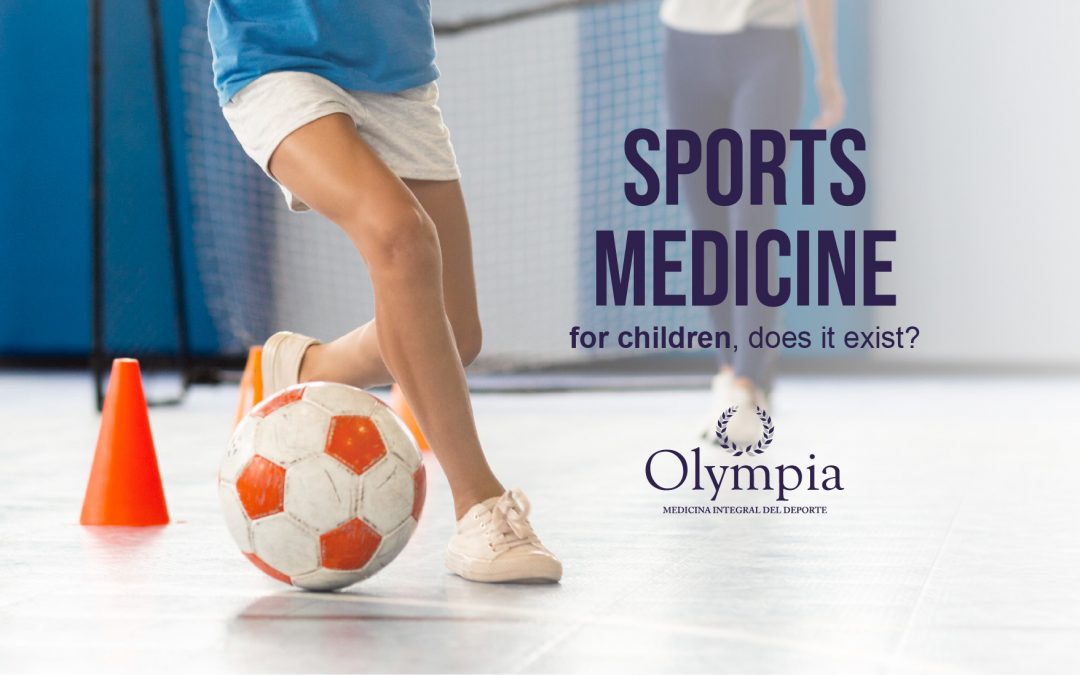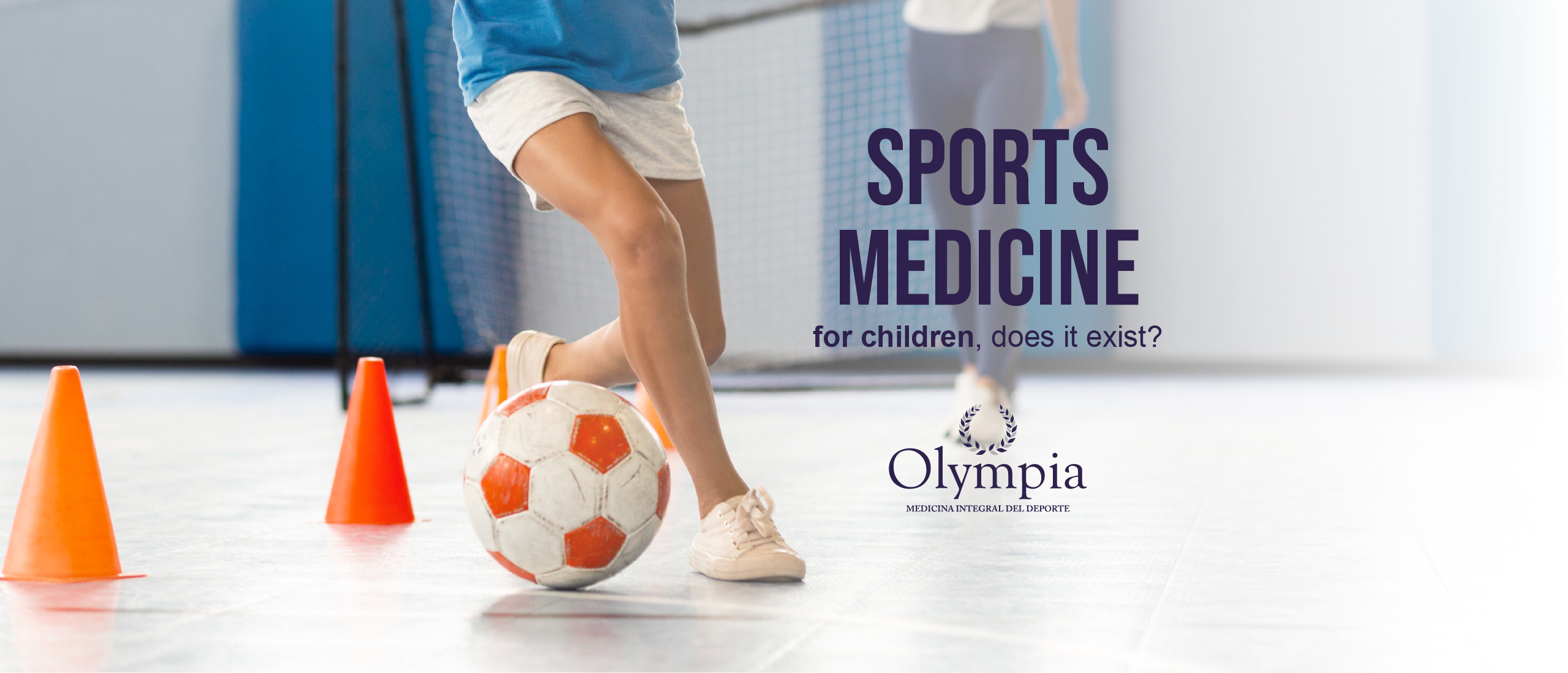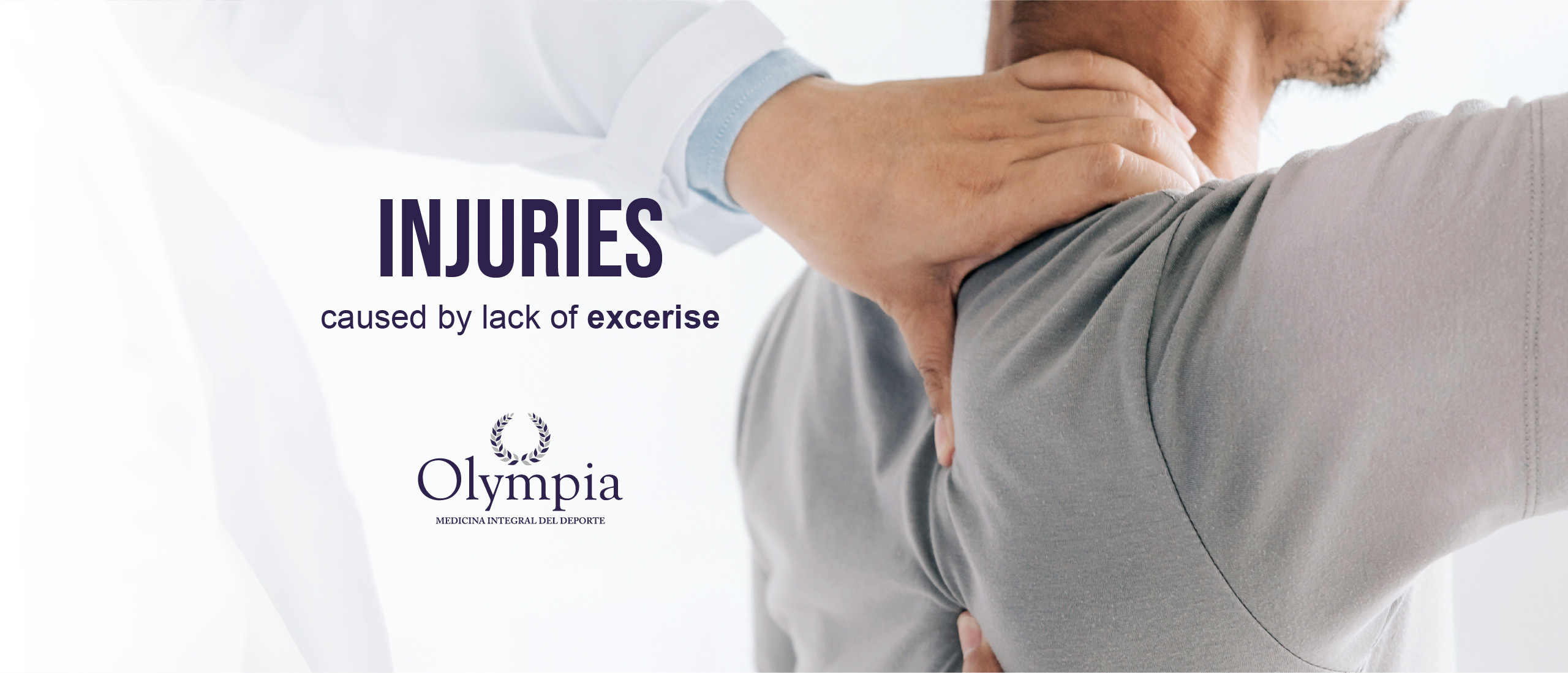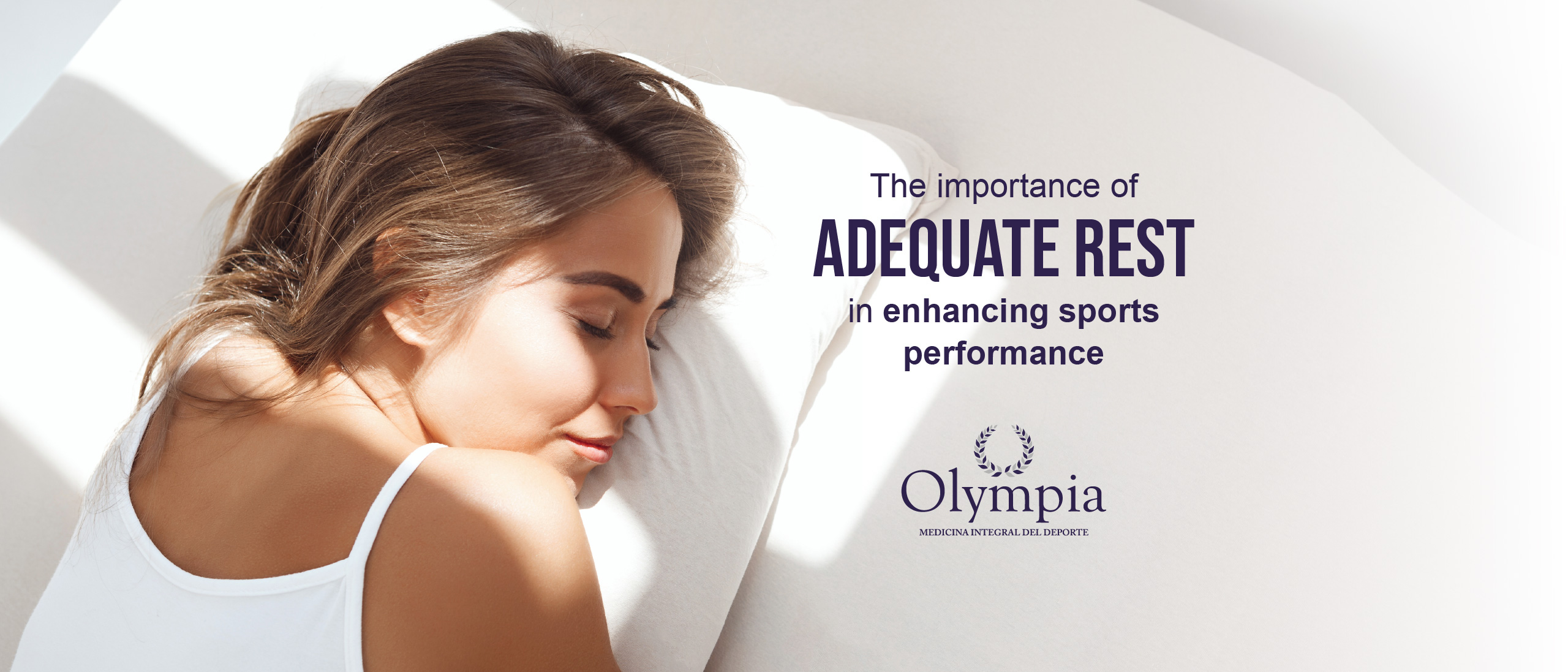
Sports medicine for children, does it exist?

Sports and physical activity are an integral part of children’s development. This promotes a healthy lifestyle, discipline, teamwork, and social development. Although rigorous exercise and training is usually done by adults, it does not mean that younger people cannot suffer injuries or health problems during sports. Sports medicine has advanced in care for athletes of all ages, and has not only become more specialized in it, but also promotes it.
In the sports medicine area focused on children and young people, their unique physiological, nutritional and psychological needs are studied according to their age. This also implements other branches such as pediatrics, nutrition, and physiotherapy to guarantee comprehensive and complete care.
In these cases, preventive measures are given priority, working together with coaches and parents to emphasize the type of exercises, warm-ups, and training suitable for each child, depending on the sport and age. In the case of an injury, timely diagnosis and treatment are vital, a sports medicine doctor is trained to treat the most common injuries in athletes (sprains, tears, etc.). It is important to see a specialist to avoid complications, especially if the young person wants to continue practicing sports, since sports medicine doctors also design personalized rehabilitation programs to guarantee an effective and safe recovery.
In young athletes, proper nutrition is also essential for their development and overall health. A nutritionist will be able to help by providing a balanced diet, however, a sports medicine doctor’s review will still be needed for guidance on nutritional needs in relation to physical activity and sports performance. Nutrition will be different for two children of the same age but doing different sports and with different intensity.
Within the comprehensive care with the specialist, psychological care and support is also guaranteed, remembering that the mental aspect is important for sports performance and well-being of young people. The doctor helps athletes deal with the anxiety and stress of sports participation.
Children’s sports medicine offers significant benefits in improving athletic performance, preventing injuries, and promoting lifelong healthy habits. With a focus on comprehensive care, sports medicine physicians ensure safety as the top priority in children’s sports activities. This field of specialty recognizes the specific needs of young athletes and is vital in the development of future talent. Sports medicine for children is essential to ensure a healthy and satisfying sports experience.




